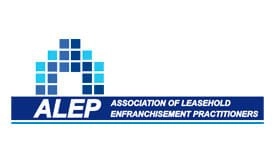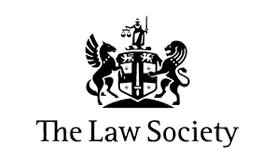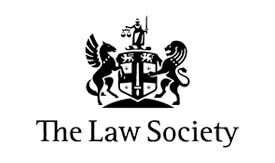Under English law, the general position is that a parent company and its subsidiary are considered to be separate companies, and therefore have separate liability in terms of their acts and omissions. Accordingly, a parent company would not have a duty of care in relation to the activities of its subsidiaries.
However, there has been a paradigm shift In the UK where in certain cases parent companies of global organisations are progressively being held accountable by the English courts for the unlawful ethical breaches committed by their overseas subsidiaries.
In the case of Vendata Resources PLC and anor. V Lungowe and others [2019] UKSC 20, the Supreme Court ruled that a claim can be bought against a UK-based parent company in the English Courts in relation to the actions of a foreign subsidiary. A claim was made by a group of Zambian villagers claiming damages from pollution of a copper mine owned by Vendata Resources PLC’s foreign subsidiary, Konkola Copper Mines PLC. The Supreme Court stated that a claim can be made against Vendata Resources PLC, the parent company of Konkols Copper Mines PLC, in the UK.
Similarly, in the case of Okpabi and others v Royal Dutch Shell plc and another [2018] the Supreme Court ruled that two Nigerian communities can bring a negligence claim against Royal Dutch Shell in the English courts in regards to an oil spillage caused by the Nigerian operating subsidiary.
These decisions mark a fundamental shift from recent Court of Appeal rulings and may be used as a basis for future claims of parent company liability. However, these cases relate to the environmental, social and governance (ESG) issues caused from the operations of the business and may not be applicable as a basis to make claims against parent companies.
In these cases, the Supreme Court reinforces that the tort of negligence has no special test or distinct category of liability for parent companies in respect of the activities of their subsidiaries. The general principles of tort would be applied to determine whether a parent company had a duty of care to a third party in the same way as whether the subsidiary owes a duty of care to the third party.
It can be understood, from the above cases, that a parent company may have a duty of care in relation to its subsidiaries operations if the parent company can be found to be responsible for at least one of the following:
- Taken over management or joint management of the subsidiary’s operations;
- Provided defective advice in relation to the subsidiary’s operations and/or policies;
- Required implementation of defective policies by the subsidiary;
- Given the impression to third parties that the parent company has a degree of supervision and control of the subsidiary.
The question in regards to the control of the subsidiary via the parent company only represents the starting point of the claim. Whether the claim is successful is another question. During the trial, rather than focusing on the element of control, the court will instead direct its focus on the extent to which the parent company uses the opportunity to take over, share, intervene, control, supervise, or advise the management of the subsidiary’s operations. Therefore, parent companies taking responsibility of management activities of its subsidiary may present themselves to potential claims.
Normally, claims against subsidiaries would be dealt with by a foreign court. The decisions in the above cases highlights the fact that parent companies cannot hide away under the corporate veil from the actions and responsibilities of its subsidiaries, whether they are domestic or overseas subsidiaries. It is evident more claims are likely to be made and it is likely that the English courts will accept jurisdiction in respect of future claims made against parent companies that are domiciled in the UK. Global companies now need to strike the balance between minimising the risk of duty of care claims but at the same time ensuring that they meet all the legal and regulatory requirements expected of them.
International And Cross-Border Disputes Advice
Monarch Solicitors specialist International And Cross-Border Disputes Solicitors provide a tailor-made approach to your needs and can assist with International dispute related issues. Please get in touch with us by either calling 0330 127 8888 or emailing enquiries@monarchsolicitors.com for an initial consultation.
Monarch Solicitors is a leading UK law firm with solicitors ready to offer their expertise. Our award-winning Manchester solicitors, London solicitors and Birmingham solicitors offer their legal expertise nationally and internationally.













